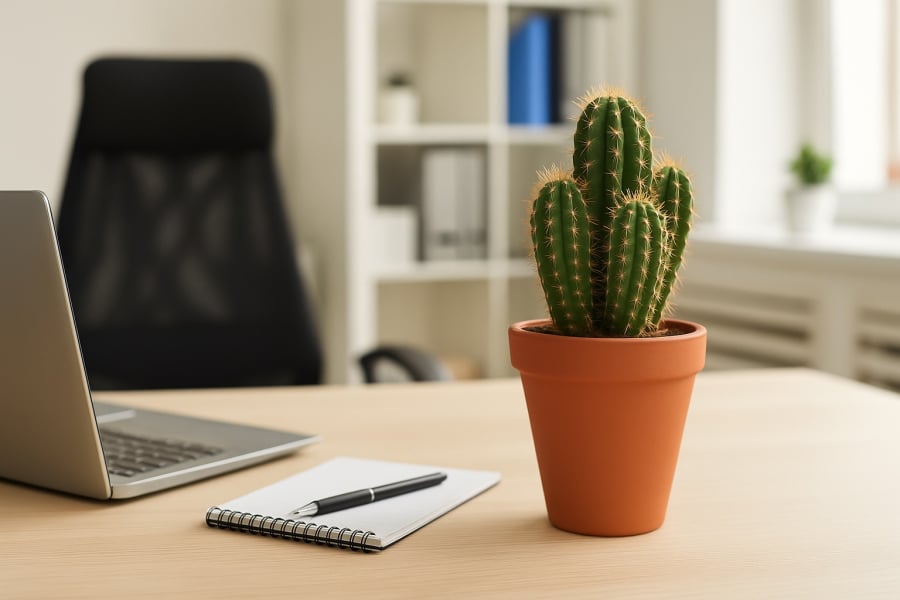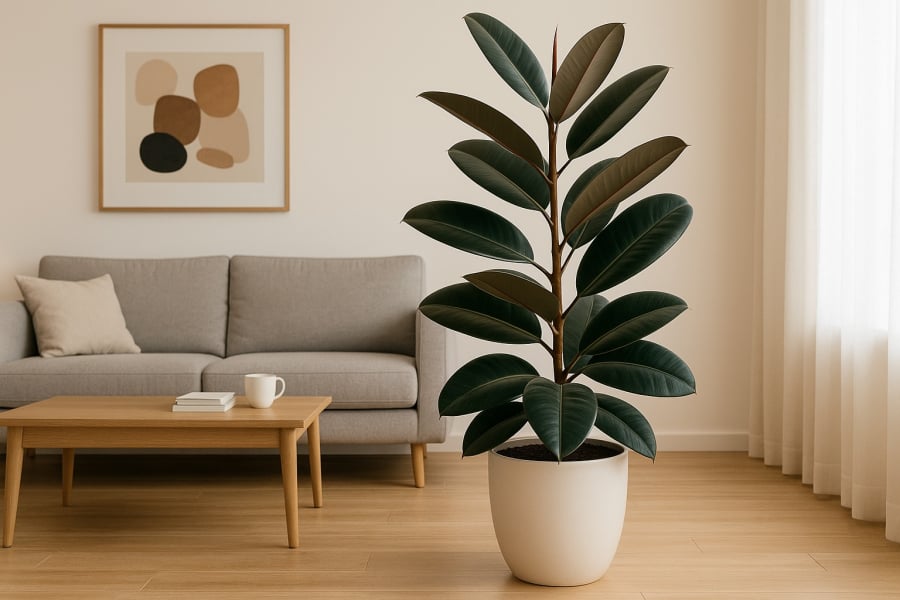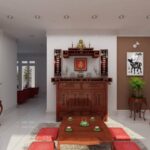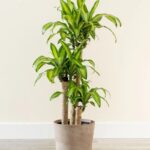Cactus: A Plant with Personality, But Not for the Bedroom
Cacti are resilient, low-maintenance plants with unique shapes, making them a popular choice for desks and bedrooms. However, in feng shui, these plants are believed to emit negative energy and are therefore not recommended for main living areas like the bedroom or living room.
According to Nguyen Hung, a feng shui expert quoted by VnExpress, cacti have sharp spines that symbolize piercing and arguing. Having them indoors for an extended period may lead to strained relationships and increased family conflicts.
From a scientific perspective, cacti absorb oxygen and release carbon dioxide at night, which can make the air in enclosed spaces stale and stuffy, potentially causing insomnia and fatigue.

Lilies: Elegant Flowers with a Potential Downside
Lilies are popular during the Tet holiday for their vibrant colors and strong fragrance. However, they are not recommended for long-term display or cultivation indoors.
A University of Agriculture and Forestry expert in Ho Chi Minh City commented on ZingNews that the potent fragrance of lilies may be overwhelming for sensitive individuals, especially children and the elderly, leading to discomfort, fatigue, or headaches with prolonged exposure. Additionally, the flower’s pollen can cause respiratory irritation or skin allergies for some people.
In folk belief, lilies symbolize separation, making them inauspicious for those wishing to preserve marital harmony.
Red-Budded Maple: A Colorful Canopy That May Trap Negative Energy
While the red-budded maple is a common choice for office and store decorations due to its eye-catching leaves, feng shui experts often advise against having it in residential spaces.
As explained in an article on Vietnamnet, the dense canopy of the red-budded maple can obstruct airflow, allowing negative energy to accumulate. When placed indoors, especially in areas with limited light and ventilation, this plant may cause stagnant energy, resulting in a gloomy atmosphere and negatively affecting the mood and luck of the homeowners.
I once had a close friend who, after placing a large red-budded maple plant in her living room, experienced a series of unfortunate events: her work stalled, and arguments with her husband became more frequent. After relocating the plant, things gradually improved. From then on, she became more cautious about plant selection, carefully considering their meanings and feng shui implications.

Cypress: Bringing the Aura of a Cemetery into Your Living Space
Cypress trees are commonly planted in cemeteries and religious sites due to their drought tolerance and representation of tranquility and solemnity. However, these traits make them unsuitable for living spaces that require positive energy for growth and development.
According to some feng shui experts, cypress trees are associated with a solemn and sometimes mournful atmosphere in Eastern culture. Having them indoors can make the space feel cold and oppressive, potentially affecting the emotions and life energy of family members.
If your goal is to attract positive energy through feng shui plants, the cypress is not the right choice.
General’s Palm: A Name That Lives Up to Its Appearance
The General’s Palm, as its name suggests, exudes strength and individuality. However, from a feng shui perspective, its shape is considered to bring bad luck, making it unsuitable for indoor placement.
Experts advise that if you wish to use the General’s Palm for decoration, it should be placed outdoors in a spacious area or used to ward off evil spirits and counteract unfavorable directions. It should not be kept in the bedroom or living room.
In Conclusion: Choosing Plants Is About Choosing Good Fortune and Health
Selecting plants for your home is not just a matter of preference but also an art of living in harmony with nature. Each plant carries its own energy, so don’t underestimate their impact. A well-chosen plant can beautify your living space, enhance your well-being, boost your health, and attract positive energy.
If you’re unsure about the plants in your home, take the time to research or consult experts in botany or feng shui. Let your home be a true sanctuary, both physically and spiritually.
For reference only
The 9 Lucky Plants to Grow for Prosperity: Attract Wealth, Protect Your Home, and Transform Your Fortune
“Discover the ultimate guide to Feng Shui plants that are perfect for displaying at your doorstep. Attract wealth, ward off negative energy, and transform your home’s fortune with these carefully curated greenery selections. Enhance your home’s prosperity and create a harmonious living space with these exquisite plants.”
5 Home Building Taboos: Steer Clear to Avoid Unforeseen Calamities
A home is more than just a place to live; it is a sanctuary that profoundly impacts one’s fortune and family happiness. Throughout the ages, our ancestors have passed down numerous superstitions and taboos surrounding home construction, believing that disregarding these principles could invite misfortune and financial ruin. Discover the five major taboos of Feng Shui that you must avoid at all costs to ensure prosperity and harmony in your abode.





































